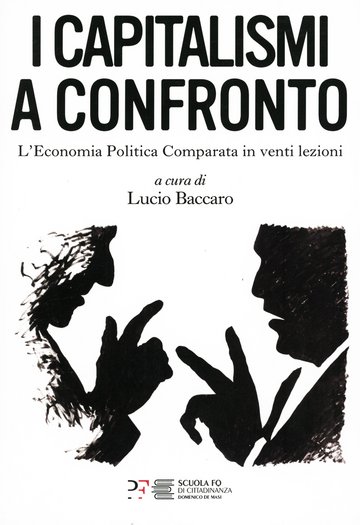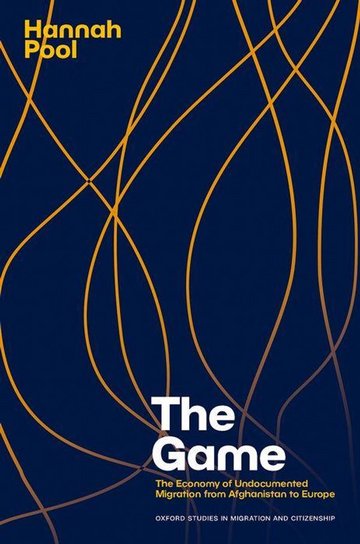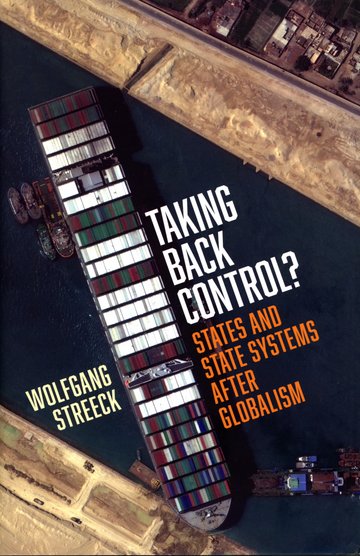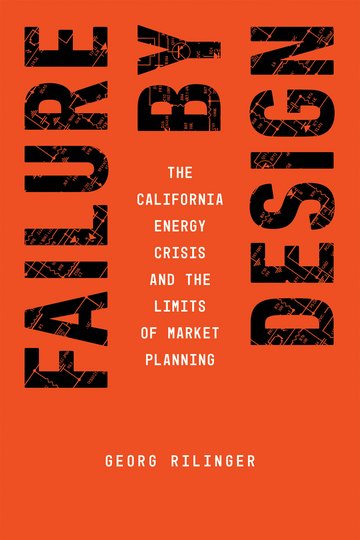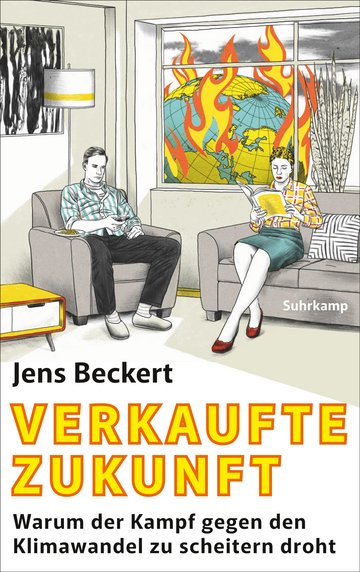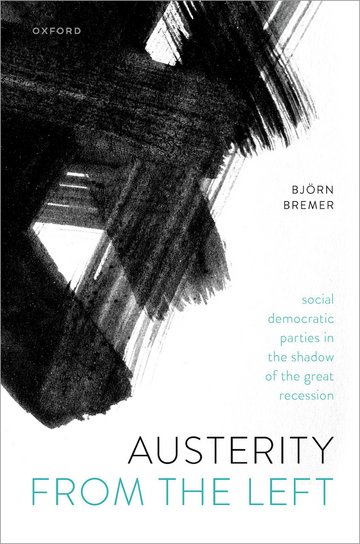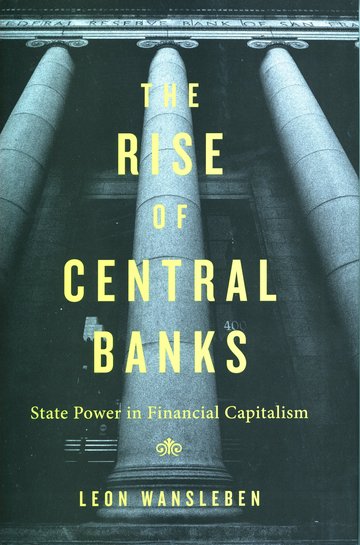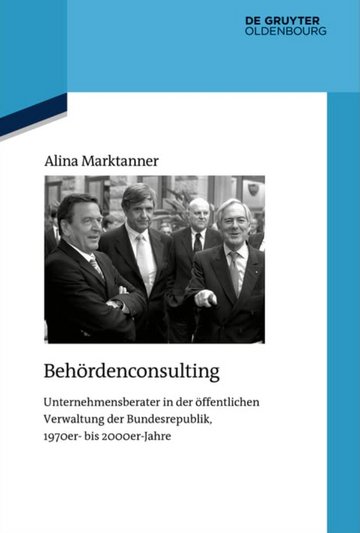Trade Unions and European Integration: A Question of Optimism and Pessimism?
Johannes M. Kiess, Martin Seeliger (eds.)
MPIfG Book
Abstract
Trade Unions and European Integration brings together pessimists and optimists on trade unionism under the contemporary pressures of European integration. The Great Recession has brought new attention to structural problems of the European integration process, specifically monetary integration; holding the potential of disabling any trans-national co-ordination. Other authors argue that the current crisis also poses the chance for mobilization and new impulses for European trade unionism. This is discussed in the volume alongside a variety of topics including bargaining coordination, co-determination, European governance regimes, and European wide mobilization.
While the importance of the question of how trade unionism and wage policy can, will, and should develop under the conditions of European integration seems widely shared, the polarization of the debate itself deserves our attention to learn about the opposing arguments and points of view; and to enhance academic discussion as well as consultancy to policy makers. This volume addresses this debate by bringing together the most distinguished voices and searching for common ground as well as new perspectives on European trade unionism and collective bargaining. The chapters of the volume, organised topically, are each accompanied by a comment from a distinguished scholar, highlighting the divisions of the debate. With this innovative approach, this book advances the dialogue between what have become openly opposed camps of optimists and pessimists on the future of European integration, trade unionism and its future chances.
Trade Unions and European Integration will appeal to students and researchers interested in fields such as European Studies, Industrial Relations, Political Economics, Social Movements and Sociology of Work.
Contents
Chapter 1
Introduction
Trade unions under the pressure of European integration. A question of optimism and pessimism?
Martin Seeliger, Johannes Kiess
Chapter 2
Trade unions in the European crisis: A social movement perspective
Donatella della Porta
Chapter 3
Comment on della Porta
Wolfgang Streeck
Chapter 4
Conceptualising the development of the European political economy from a neo-Gramscian perspective
Andreas Bieler, Hans-Jürgen Bieling
Chapter 5
Self-intimidation: Comment on Bieler/Bieling
Georg Vobruba
Chapter 6
The Europeanisation of wage bargaining coordination
Susanne Pernicka, Vera Glassner
Chapter 7
The coordination paradox: A comparative political economy perspective on transnational wage coordination
Martin Höpner
Chapter 8
Ambiguities of social Europe: Political agenda setting among trade unionists from Central and Eastern Europe and Western Europe
Martin Seeliger
Chapter 9
Comment on Seeliger
Guglielmo Meardi
Chapter 10
EWC – ineffective bureaucratic body or institutionalising labour regulation at European company level?
Ludger Pries
Chapter 11
The European Works Council – not an effective means against site-competition and multiscalar social fragmentation
Stefanie Hürtgen
Chapter 12
The road to pan-European codetermination rights: A course that never did run smooth
Sara Lafuente Hernández
Chapter 13
Europe is not the answer: Some remarks on the future of worker co-determination in Europe
Benjamin Werner
Chapter 14
European economic governance, autonomy of collective bargaining and democratic capitalism
Daniel Seikel
Chapter 15
Going beyond institutional restrictions: Conflict as a challenge
Johannes Kiess
Chapter 16
Contention in times of crisis: British and German social actors and the quest of framing capitalism
Johannes Kiess
Chapter 17
Comment on “Contention in times of crisis”
Oliver Nachtwey
Chapter 18
A constant tug of war: Neoliberalism and social unrest in (post)-crisis Europe
Madelaine Moore, Anne Engelhardt
Chapter 19
Social movements or state apparatus?
Roland Erne

